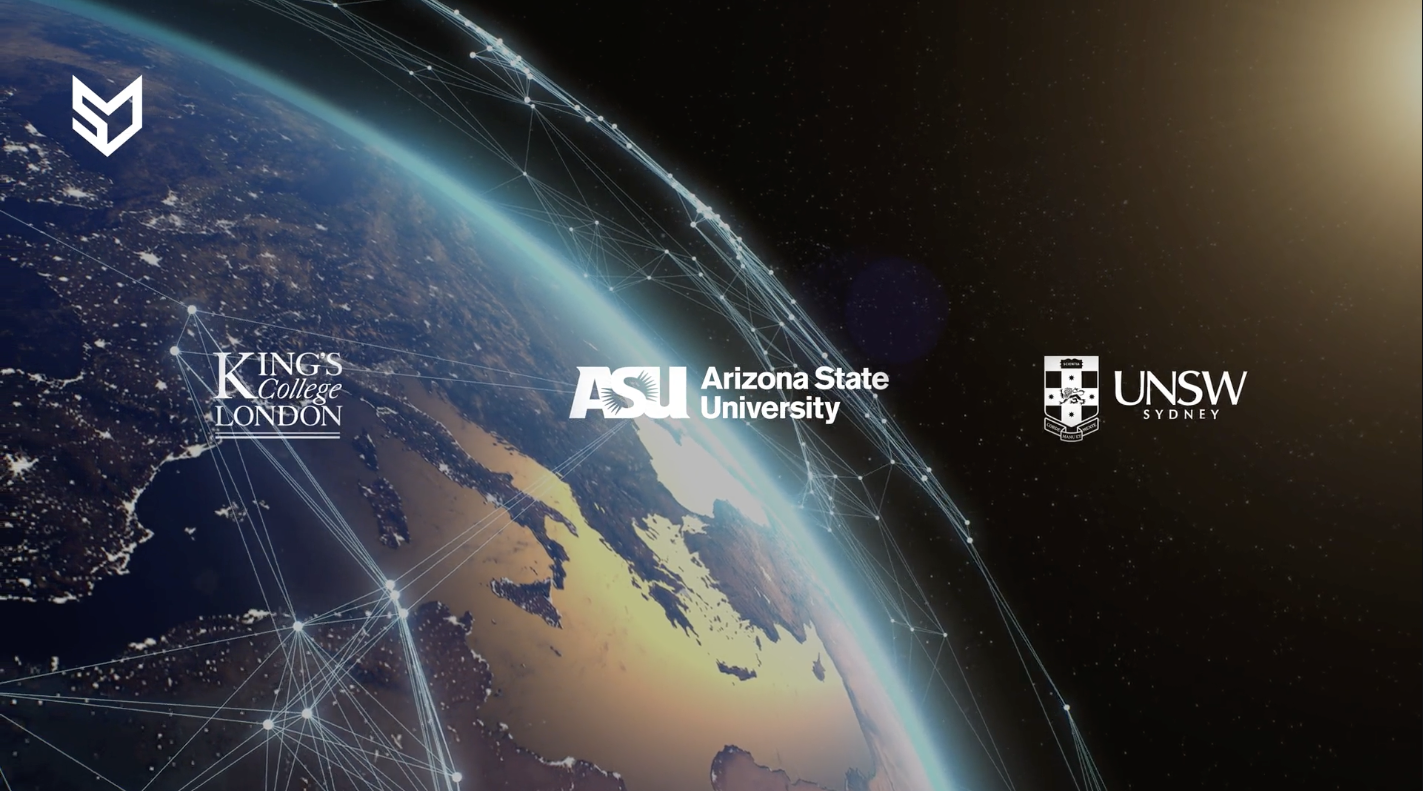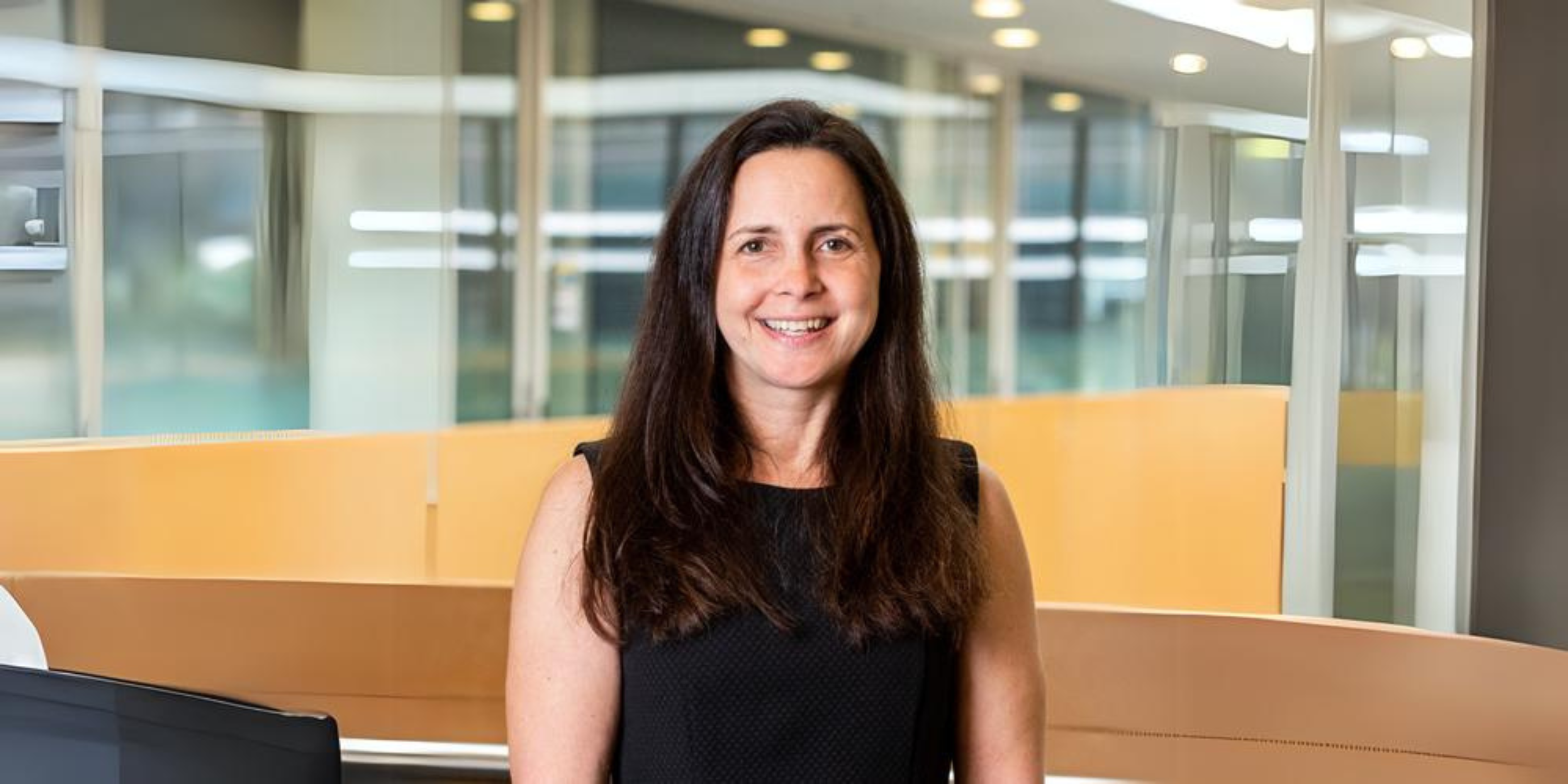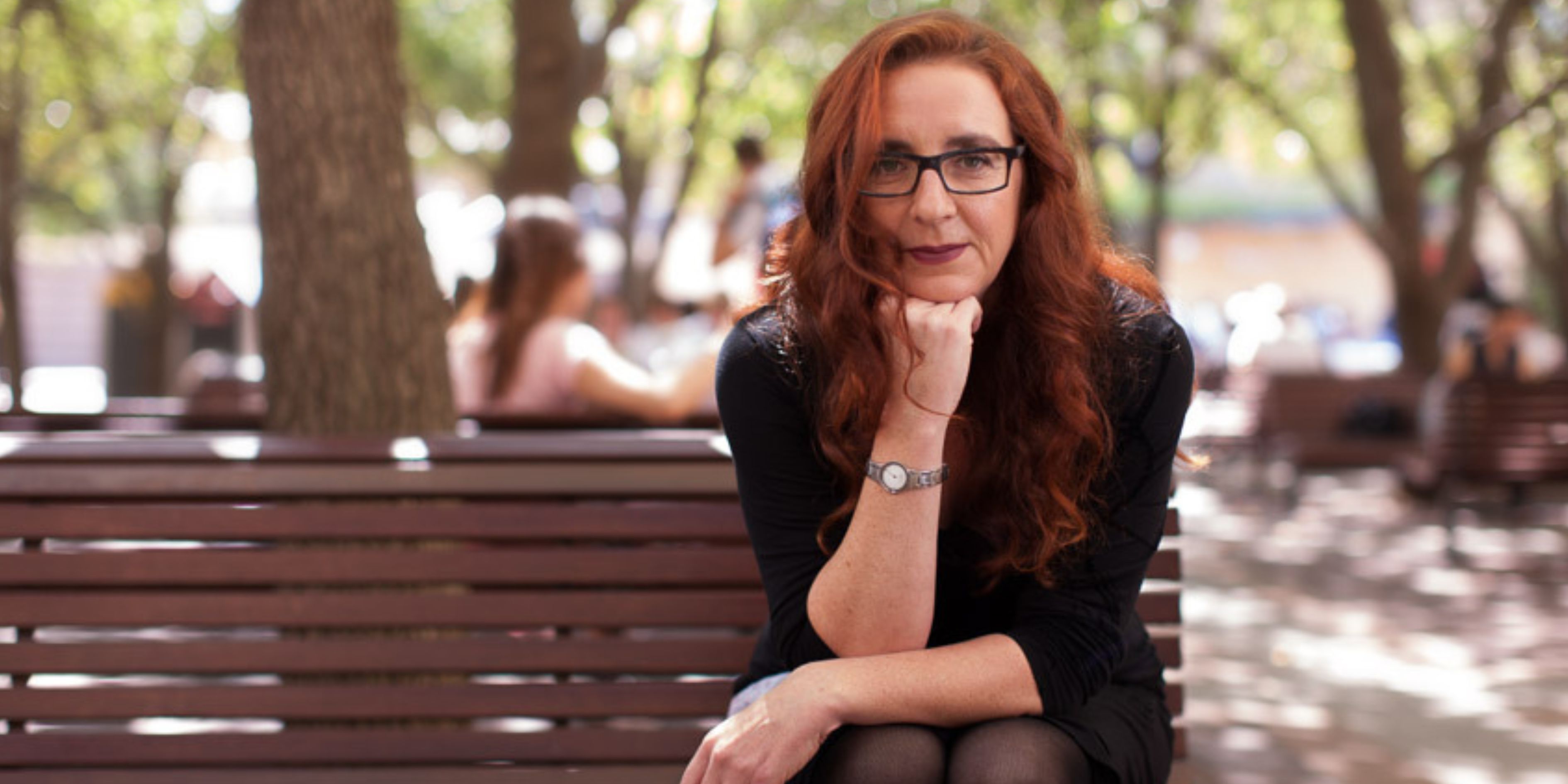Trigger warning: this article discusses suicide, death, and domestic abuse
In our 9th Visible Women interview — and to coincide with World AIDS Day — we meet Michelle Tobin, a proud Yorta Yorta woman and descendant of the Stolen Generation. Diagnosed with HIV in 1990 in Melbourne, Australia, she was given 10 years to live. Her family walked away, leaving her with a six-month-old baby with no family support. Then, in 1992, she lost her husband to the same illness.
This all happened during the height of the HIV epidemic, at a time marked by funerals, significant loss and deeply entrenched stigma in healthcare and in everyday life. Despite all of this — and enduring domestic violence and the loss of other partners and community through suicide and HIV — Michelle's resilience remained unwavering.
Today, she is a global advocate for people living with HIV, speaking to thousands at international conferences, as well as remaining a steadfast activist, advocate and supporter for Aboriginal communities in Australia. She is supported by her partner and is a proud mum of two and grandmother to six.
In this article, we discuss the importance of being yourself, how sometimes you need to step up even if you don’t want to, and how finding a community and supporting one another can make all the difference.
Tell us a bit more about your background
I'm the convener of PATSIN (The Positive Aboriginal Torres Strait Islander Network), and I've been doing that on and off since 2003. I'm also the HIV-positive rep on the ANWERNEKENHE National HIV Alliance Board as well as on the Women at NAPWHA Network (National Association of People with HIV Australia).
Much of my work has been centred on raising awareness about the stigma and discrimination my community faces and how others have contributed to that — whether they knew what they were doing or not.
In 2020, I joined Positive Life, taking on the responsibility to design, implement, and evaluate a co-designed HIV health program for NSW-based Aboriginal and Torres Strait Islander folks living with or at risk of acquiring HIV.
How did you get started in your advocacy work?
I began my journey with Positive Women Victoria, an organisation offering peer support, information, and advocacy for women living with HIV.
Originally I didn't want to get too involved because of the political stuff — I really didn't want to be political. But then I realised that if you want to make a change, you've got to be a part of that process.
There was only one other Aboriginal person doing any work, and that was Bev Greet from Melbourne. In 1997 I got a phone call from Bev when she was in Thailand, and there was an international AIDS conference happening in Chiang Mai. She asked me if I wanted to attend with a scholarship. I said yes, and that was my first taste of international advocacy. It grew from there.
Now, I stand as one of two women in Australia advocating for Aboriginal and Torres Strait Islander individuals living with HIV. It's not something I can easily step away from because there's no one else to take on this work. Many fear the stigma and discrimination associated with being Aboriginal and positive, especially within the LGBTIQ Sistergirl and Brotherboy communities.
It's particularly tough for them to come out, especially in their home communities. As a result, many have migrated to cities where they feel more accepted and have better access to essential healthcare like ART, HIV medication, and STI treatments.
The stigma hasn’t gone anywhere, either. The last couple of years have been extremely rough. I nearly died last year with a heart attack, fractured ribs and pneumonia. And even now, in the hospital, the nurse turned around and said out loud for everyone to hear, ‘oh, she’s HIV positive.’ I beg your pardon. What are you doing? You can't be saying that.
How can we encourage others to be leaders in the face of such stigma?
For me, it's a matter of pushing on because if I walk away, there is no voice. That's the bottom line. A lot of people don't feel comfortable getting up and being a voice or a face of HIV because of the stigma that's attached to it and what they've dealt with in their own communities and even their own families.
We need more voices, but it’s not easy. We held a retreat back in 2019 that brought twelve newly diagnosed Aboriginal and Torres Strait Islander people together for the first time.
Most of these people felt like they were part of a family within the first hour of being there — we were so connected and comfortable. It was an amazing experience, and it showed people they weren’t alone. There was one man there who had tried suicide six times before attending and meeting others.
We hope to hold another retreat, but this time, have 100 people. From there, I hope to have a core membership of strong Aboriginal positive people to move this forward, provide new voices, and be new faces. Then, I can step back and consult.
What motivates you to do what you do?
I've got six beautiful grandchildren, and I never thought I would be here. And I have to do it — no one else is speaking up. Put simply, if I'm not there, no one else is. And I do have a lot to share. I've been around the sector for 30 years, I've been overseas, I've attended conferences, I have experience.
Also, because it's not just about me, it's about my kids. It's about my grandkids. My 12-year-old grandchild is bisexual, so we went to Mardi Gras this year. We need to support each other.
What’s been a highlight of your work so far?
I gave the closing remarks at the International AIDS Conference this year — an Aboriginal girl living with HIV from Bendigo gets up and speaks in front of 5,000 people, let alone people who are all on Zoom around the world. It was one of those moments where I asked, ‘How did I get here?’.
I also played a significant part in doing the acknowledgements of Country and had to wing the Indigenous symposium when the moderators and panellists weren't able to make it. It was me and a guy from Canada and we had such incredible feedback.
We had other people from other rooms joining us, asking when we came out what was going on because they heard the laughter, the crying, and the cheering. People were so happy to have a safe space to talk about their own lived experience. I still find it hard to accept people's gratitude and thanks because this is simply who I am.
How did you grow your confidence in public speaking?
My confidence has grown over the years. I started by speaking at schools, and that really helped. I also did community work, council groups, that sort of thing. Most of what I know, I learned just through doing. At one point, I did training with the Speakers Bureau in Melbourne, but I’m not sure how much help it was — because this is my life. You can't tell me what to say or how to say it. I have to deliver it my way. That’s really important.
How can we support future leaders, especially those facing stigma and discrimination?
We've got to support them, to provide compassion and understanding of what their needs are, because not all our needs are the same. We've got different directions, different relationships, different backgrounds.
If we're supporting one another, we're breaking the stigma, especially when it comes to the funding. And we desperately need more funding to train peer navigators who can go back to their communities and educate.
We have to remember the legacy of the people before us, as it is on their shoulders we stand. There've been people in my life who were my rocks, and when they passed, it was like I had to keep going because of the legacy they built. Because they're the shoulders on which I stand. And then others who come after me will stand on mine.


